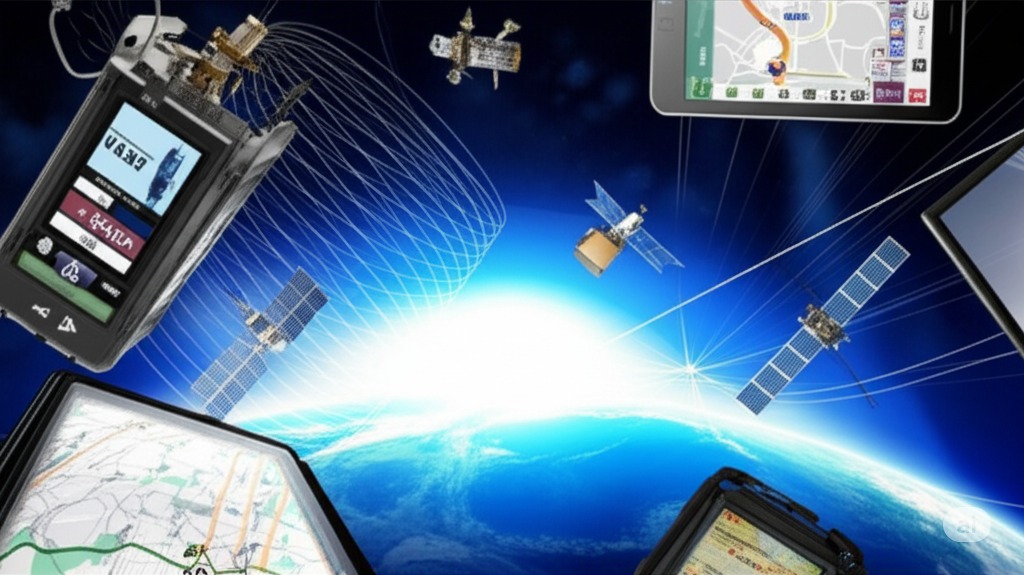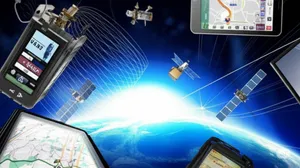Core GPS Tracking Capabilities
- Real-time location tracking with precise satellite positioning
- Advanced route optimization and navigation assistance
- Comprehensive fleet monitoring and management tools
- Driver behavior analysis and performance reporting
- Automated alerts and notification systems
- Integration with business management platforms
- Historical data analysis and reporting capabilities
- Mobile access and remote monitoring features
GPS tracking technology delivers comprehensive operational visibility and control for enhanced business efficiency and cost reduction.




